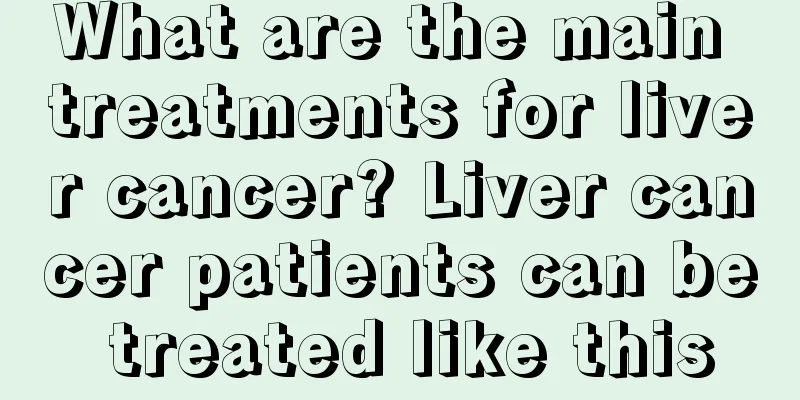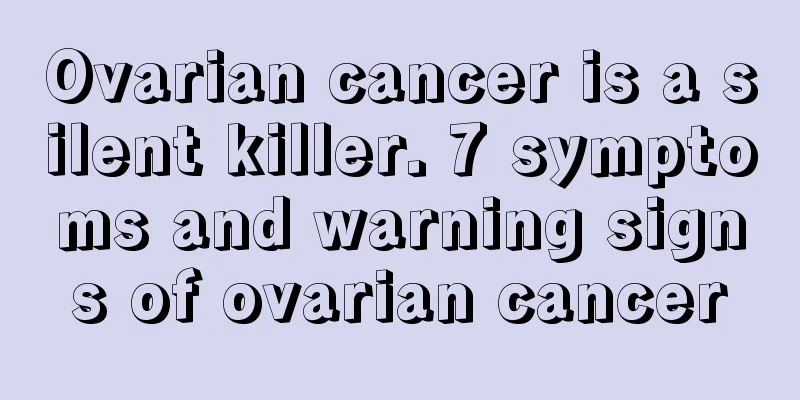What is non-keratinizing nasopharyngeal carcinoma and how can it be treated?

|
Nasopharyngeal carcinoma can be divided into many types according to different situations. Different situations may have different symptoms and treatment methods. So, what is non-keratinizing nasopharyngeal carcinoma? What methods can be used to treat it? Non-keratinizing nasopharyngeal carcinoma accounts for more than 95% of nasopharyngeal carcinoma, is sensitive to radiotherapy, and has a relatively close relationship with the EBV virus. Some tissues of this type of nasopharyngeal carcinoma often have varying numbers of lymphocyte infiltration, so some people defined it as "lymphoepithelial carcinoma" in the early days. This type of nasopharyngeal carcinoma can also be further divided into differentiated and undifferentiated types according to the degree of differentiation of tumor cells, namely differentiated non-keratinizing carcinoma and undifferentiated carcinoma. Non-keratinizing nasopharyngeal carcinoma is sensitive to radiotherapy and has a relatively close relationship with the EBV virus. Non-keratinizing nasopharyngeal carcinoma can be treated with the following: 1. Traditional Chinese Medicine Treatment Among the effective treatments for nasal cancer, traditional Chinese medicine is also relatively common. Traditional Chinese medicine is very effective for the patient's later recovery. It is usually used in combination with radiotherapy and chemotherapy to make up for the physical damage caused by radiotherapy and chemotherapy. It has no toxic side effects and is suitable for any stage of treatment. It is a method commonly used by patients. 2. Surgery It is suitable for well-differentiated squamous cell carcinoma, adenocarcinoma, and poorly differentiated residual tumors after radiotherapy. The surgery uses a lateral nasal incision, and when there is cervical lymph node metastasis, cervical lymph node dissection is performed at the same time. Surgery is a commonly used treatment for nasal cancer and is less harmful to patients. 3. Chemoradiotherapy Generally, radiotherapy and chemotherapy are used together 4 to 5 times a week. During this period, once the necrotic tissue in the maxillary sinus is confirmed, it can be removed by suction. If the tumor disappears completely, no treatment is required. If there is a little tumor remaining, partial resection can be done. However, if the tumor can be clearly seen with the naked eye or CT, it is necessary to perform an extended surgery. After reading the above introduction, I believe everyone has understood what non-keratinizing nasopharyngeal carcinoma is and its treatment methods. |
>>: Will nasopharyngeal cancer cause headaches? What are the early symptoms?
Recommend
Can I drink expired yogurt?
As we all know, most foods have a shelf life, esp...
How to treat hot flashes and sweating during endocrine therapy for prostate cancer?
Most patients with advanced metastatic prostate c...
What are the symptoms of gastroptosis
In life, we often encounter abdominal pain. There...
What causes joint crackling?
Many people can hear the joints crackling when th...
How are intracranial cysts formed
Intracranial cysts mainly refer to intracranial a...
Foods that interfere with implantation
Every family wants to have children, because only...
Inflammation of philtrum
The philtrum is a part that people attach great i...
What is the chance of a daughter inheriting colon cancer?
Most cancers are not inherited, but about 10%-15%...
Does long-term walking have any effect on the knees?
In order to allow everyone to exercise healthily ...
What is the reason why thyroid cancer causes itchy throat
Thyroid cancer may cause throat itching, which ma...
What causes glioma
Glioma is a malignant tumor in the brain. At pres...
What are the methods to remove spots and acne scars?
If you have spots or acne marks on your face, it ...
How many sperm are there in each ejaculation?
After men reach puberty, their testicles will beg...
Stage 1a ovarian cancer does not affect life expectancy
Stage 1a ovarian cancer is usually discovered ear...
Five benefits of drinking red wine before bed
There are many brands of red wine on the market, ...









